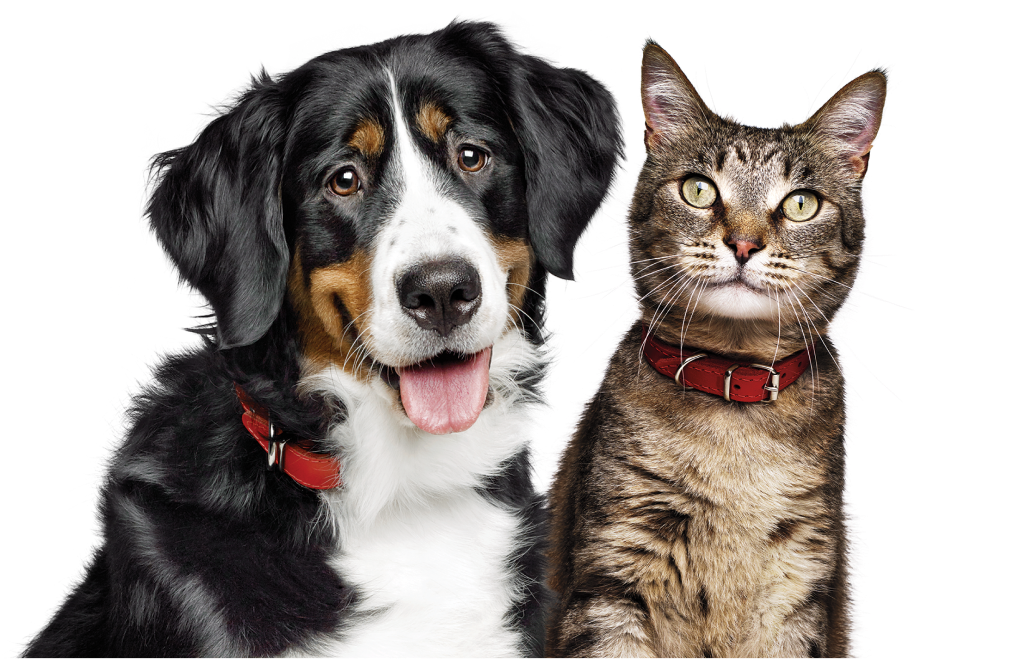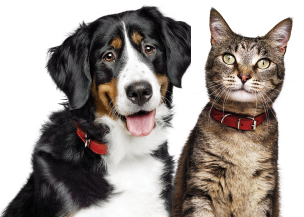Can my pet eat that?
Can my pet eat that?
Pets will eat — and enjoy — a number of foods, but just because they'll eat it, it doesn't mean it's good for them.
Pets explore the world through their mouths, and they can end up chewing on some crazy things. So, which types of human foods are okay for pets? Which foods should they steer clear of? Use this list to get an idea, and always reach out to your veterinarian if you think your pet may have ingested something dangerous.
- Fruits & Veggies
- Human Favourites
- Miscellaneous



Grapes and raisins, discussed here for their association with kidney disease in dogs and cats, should be avoided for your pets because of these risks.



High in fibre and protein, this fruit is a great source of vitamins A and C. Do not feed your dog the core or seeds, both of which contain cyanide. It is also recommended to avoid allowing dogs to ingest the stem or leaves.

Apples are safe for cats so long as the stems, leaves, and especially seeds, are removed from the apple.
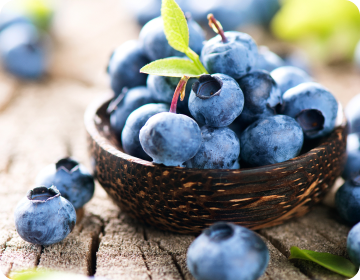


With strong antioxidant properties, blueberries especially are considered a superfood for humans and dogs alike.

While cats can’t detect sweet flavours, they can appreciate the wet, juicy texture.
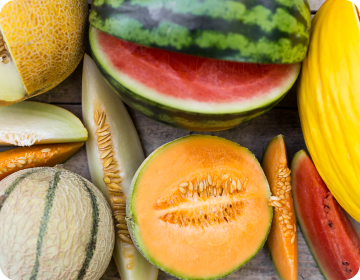


Pets can enjoy the occasional cantaloupe or watermelon, but make sure any seeds are removed and avoid offering the rind, which can cause foreign body obstruction, as discussed in this article.
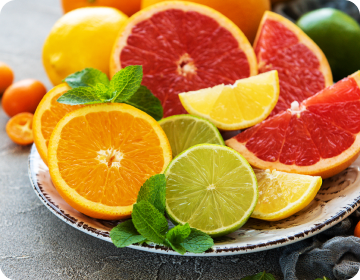


Ingesting citrus fruits can cause pets to experience gastrointestinal discomfort, vomiting, and diarrhoea.



Cherry pits contain cyanide, which is toxic to pets. The fruit of a cherry is considered safe. Wild cherries are more of a concern, so best to avoid wild cherries altogether.



Avocados contain persin, which may cause mild stomach upset in dogs. Pancreatitis is also a concern due to the high fat content.
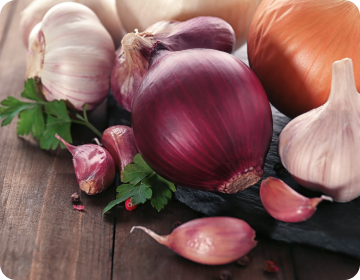


Both can cause anaemia, and serious damage to the red blood cells.
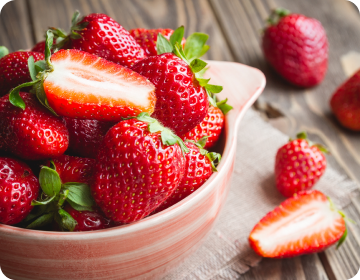


Strawberries are rich in fibre and vitamin C. They also have an enzyme that can help whiten your dog’s teeth.

It’s unlikely your cat will want one, but in small amounts, strawberries can be an excellent source of vitamin C, folate, potassium, and manganese.
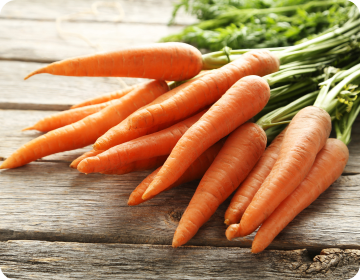


Carrots, a common ingredient in dog food, make an excellent low-calorie snack that is high in fibre and beta-carotene, as highlighted here.

Vegetables like carrots are safe to eat and high in vitamins, but not a natural part of your cat’s natural carnivorous diet.



A red, ripe tomato is generally safe for your pet to eat, but the green parts, including the stem and leaves, can contain dangerous toxins, as explained in this article.
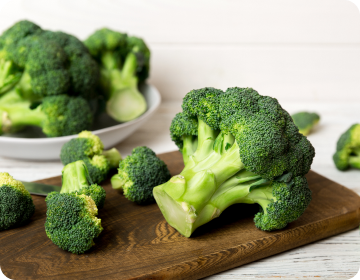


While broccoli is high in vitamins and fibre, eating too much can cause stomach problems for your dog, as discussed here.

If your cat shows interest, broccoli is a great source of antioxidants and fibre. Offer it in small bites.
If you want to learn more about which fruits are beneficial or harmful for your pet, please check out this article.
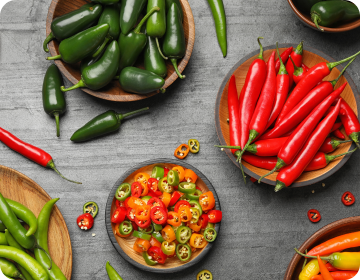


Spicy foods can upset a dog’s stomach and digestive tract, and capsaicin in hot foods can cause pain in your pet’s mouth. Many spicy foods also have garlic or onion additives (ie: powder, minced) which are toxic to dogs and cats.



Hops can be severely toxic to dogs and cats. Even the lowest amount of alcohol or fermented content can be toxic for cats.



Cheese and other dairy products can upset your pet's digestive system, potentially causing diarrhoea. In addition, mould on outdated dairy products can contain tremorgenic mycotoxins, which can be fatal and cause severe central nervous system problems. For more information, see our detailed articles on dogs and cats.



Ingestion can cause a life-threatening drop in a dog’s blood sugar, as well as liver damage.
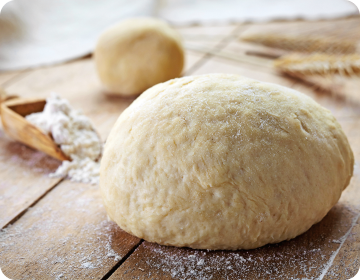


The yeast in raw dough can cause stomach expansion, resulting in tissue damage and difficulty breathing. In some cases, the fermenting yeast can also cause alcohol poisoning.

While cooked bread and dough are considered harmless for cats, raw yeast can kill a cat in a matter of hours.














